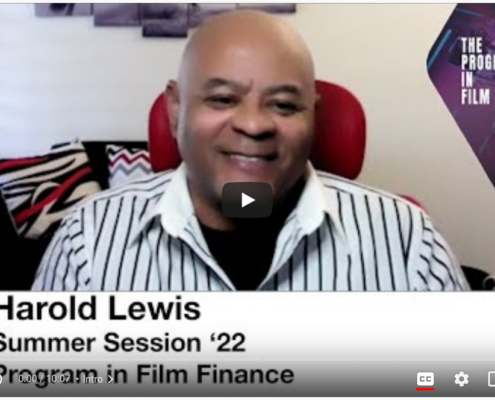
LA Social Science Summer Course Preview featuring Harold Lewis Discussing Film Finance (Communication 188A)
As summer 2022 approaches, LA Social Science had the opportunity…
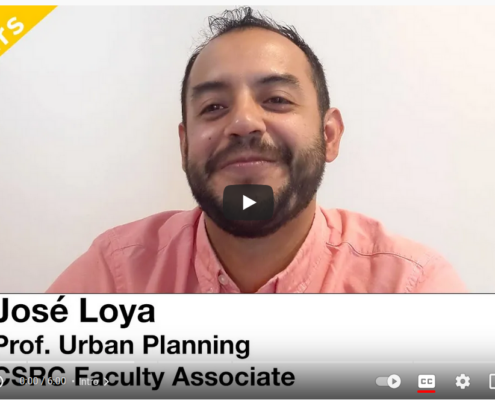
LA Social Science Rising Scholars Series Featuring Dr. José Loya Discussing the Mortgage Market for Latinxs
LA Social Science interviews Dr. José Loya, a UCLA Assistant…

LA Social Science Rising Scholars Series Featuring Graduate Students in the UCLA Race, Ethnicity, Politics, and Society Lab
LA Social Science visits the UCLA Race, Ethnicity, Politics…
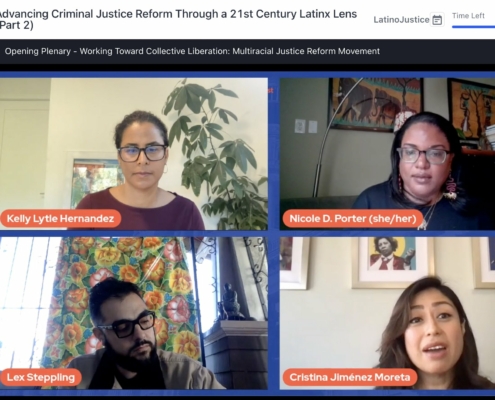
UCLA LPPI Convenes Latinx Leaders on Advancing Criminal Justice Reform
February 22, 2022 By Alise Brillault From January 20-21,…

CSW Presents: Defending Self-Defense: A Call to Action by Survived & Punished on March 3 — RSVP Today
DEFENDING SELF-DEFENSE: A CALL TO ACTION BY SURVIVED & PUNISHED
VIRTUAL…
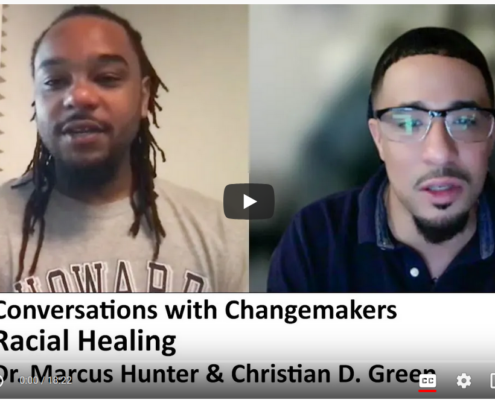
LA Social Science Presents “Conversations with Changemakers” Featuring Dr. Hunter and UCLA Alum Christian Green Discussing Racial Healing
LA Social Science interviewed Dr. Marcus Hunter, Scott Waugh…
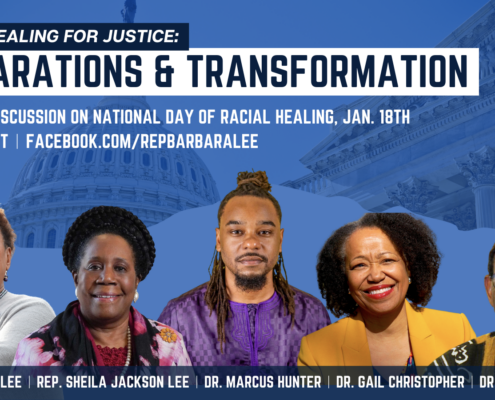
RSVP Now for Racial Healing for Justice Panel featuring Prof. Marcus Hunter on TUESDAY 1/18
On January 18th, 2022, the 4th Annual National Day of Racial…
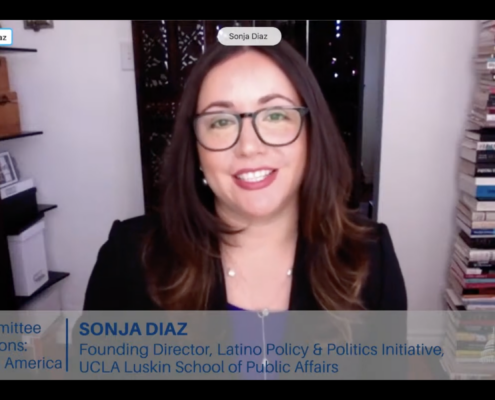
UCLA LPPI’s Voting Rights Project Helps Shape New Federal Voting Rights Legislation
Faculty and researchers from UCLA’s Latino Politics and Policy…
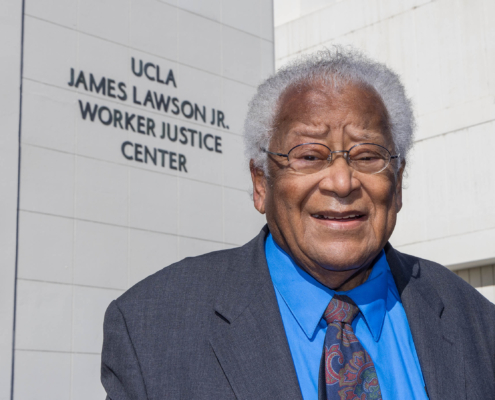
UCLA Labor Center Building Named in Honor of Iconic Civil Rights Leader Rev. James Lawson Jr.
For a building dedicated to ensuring fair treatment and opportunities…
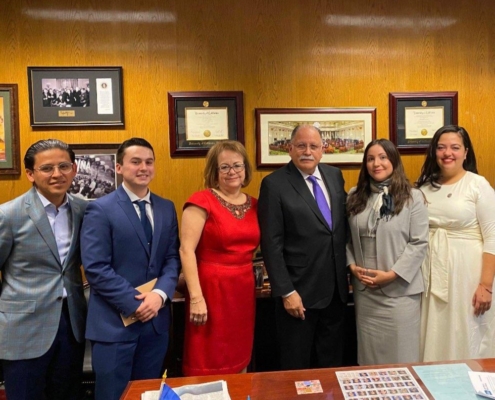
UCLA LPPI Helps Pass Ethnic Studies, Medical Fellowships Bills in California
By: Alise Brillault December 16, 2021 UCLA Latino Policy…

